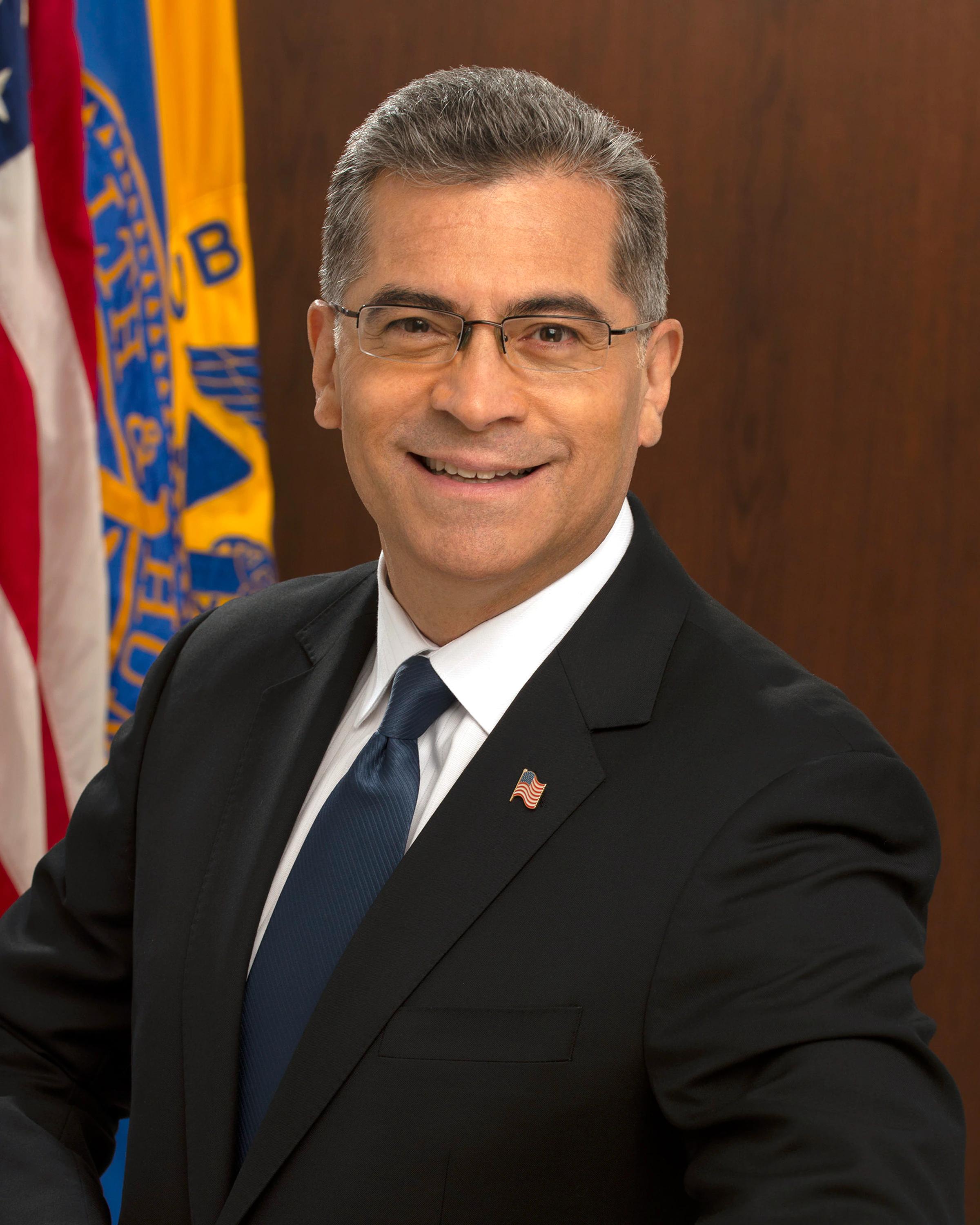HHS awards nearly $90M to community health centers to get better data
More than 1,300 centers nationwide are getting grants to improve data reporting, which should also improve health equity, the Health and Human Services Department says.
The Biden administration says better data will boost health equity.
To that end, the U.S. Department of Health & Human Services announced Monday it is distributing nearly $90 million in grants to community health centers to improve their data collection efforts. More than 1,300 health centers are receiving the grants.
Xavier Becerra, U.S. Health and Human Services Secretary

The community health centers deliver primary care to 30 million Americans, mostly in underserved communities. The centers are financed by the Health Resources and Services Administration, a division of the HHS.
U.S. Health & Human Services Secretary Xavier Becerra said the grants reflect the Biden administration’s focus on improving health equity.
"We have prioritized advancing equity in our COVID-19 response and throughout all of our work," Becerra said in a statement. "Community health centers have played a pivotal role in the nation's COVID-19 response, and now serve more than 30 million people across the country. Today's investments will help ensure that all patients have equitable access to the high-quality health care they deserve."
- Related story: Bryan Stevenson says ‘health equity is health justice’
The money finances data modernization efforts to get better information on the health needs of patients and their communities. In addition, the grants will also support efforts in battling the COVID-19 pandemic and help centers prepare for health emergencies in the future.
"Time and again, the COVID pandemic has demonstrated the vital role of trusted community leaders in delivering health care services," HRSA Administrator Carole Johnson said in a statement.
"Health centers are that trusted resource in the highest risk and hardest hit communities in the country," Johnson said. "As we recognize the heroic work of the frontline health care workers who make health centers what they are, today we also are investing in the tools they need to help them continue to best serve their communities."
The department is looking to get better information not only on the patients coming to the centers but on their social determinants of health. With that information, those centers can more precisely develop programs and services to improve the health of patients in those communities.
The federal community health centers serve Americans living in urban and rural areas. The centers operate programs aimed at patients in public housing, those who are homeless, and agricultural workers.
One in five rural Americans go to those centers for their healthcare needs, according to the health department. Overall, community health centers care for one in 11 Americans.
An interactive map showing the grant recipients in each state can be found here.
Children’s hospitals face complex challenges dealing with disasters
April 18th 2025Pediatric hospitals deal with different factors in weather-related events and other emergencies. Terri Wilson of the Children’s Hospital Association talks about the challenges and the need for more planning and support.
Telehealth faces a looming deadline in Washington | Healthy Bottom Line podcast
February 12th 2025Once again, the clock is ticking on waivers for telemedicine and hospital-at-home programs. Kyle Zebley of the American Telemedicine Association talks about the push on Congress and the White House.
Why Sutter Health and SCAN Group are teaming on Medicare Advantage
April 14th 2025They have formed a partnership to offer more products and are looking to create a joint MA plan. We talked with leaders from Sutter and SCAN about the collaboration and why they say it can lead to better care for seniors.